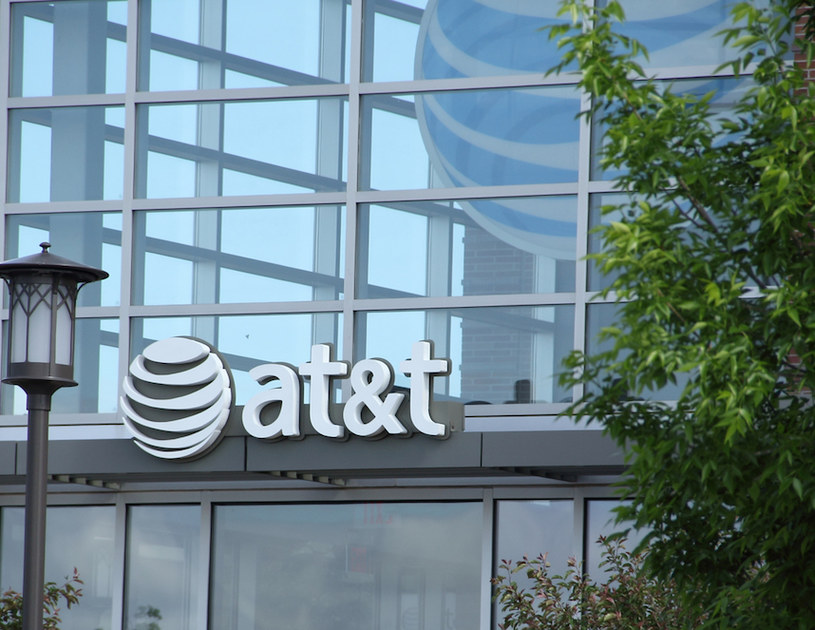Can California Labor Code Computers Not Keep Up?

According to the 7/19/10 issue of the Los Angeles Times, the California Supreme Court ruled in a unanimous decision in 2003 that state workers should be paid no more than the federal minimum wage during a budget impasse.
There have been lots of those lately, as the state limps from one budget crisis to another.
At the time of the Supreme Court ruling, former State Controller Steve Westly indicated that a decades-old computer system could not be easily re-programmed to accommodate the change. However, he assured the Court that compliance with the May 2003 ruling could happen by September of that year.
Seven years later, it still hasn't happened.
There is little doubt that the California labor law computer system is decades out of date. According to the LA Times, current Controller John Chiang recently released a three-month study claiming that it would take in excess of two years and nearly $8.7 million to re-program the system to reflect changes in minimum wage. Given that the entire system is to be replaced in 2012, such a revision would make little sense.
However, critics of the status quo claim that the Controller's computer system has already been revised to halt the pay of elected officials and their appointed staffs during a budget impasse. The system then reimburses those affected in withheld wages once a budget is signed. There have been other changes and updates over the years as well.
It was also noted that labor unions contributed millions of dollars to Chiang's election campaign in 2006 and have so far provided $350,000 for his current campaign. A pay reduction to minimum wage for state employees would in theory affect a lot of unionized workers.
In fairness, former Controller Westly also claimed there were technical obstacles to the requested change, given the inadequacies of the current system.
However, in a ruling last year Sacramento County Superior Court Judge Timothy M. Frawley wrote that Chiang's argument was "long on qualifiers and conclusions, and conspicuously short on facts." He added that "many of the Controller's objections seem to relate to whether the [minimum wage] should be implemented, rather than whether it can be implemented."
On July 16 Sacramento County Superior Court Judge Patrick Marlette denied a request from California Governor Arnold Schwarzenegger for an injunction compelling Controller Chiang to lower state salaries while there is no budget. But he ordered the two sides back to court in August to argue the feasibility of reprogramming the computers to comply with the California labor code in this instance.











No Comments